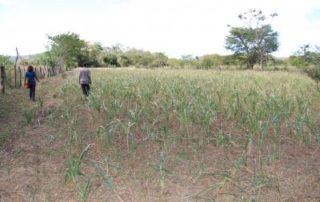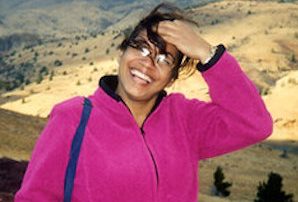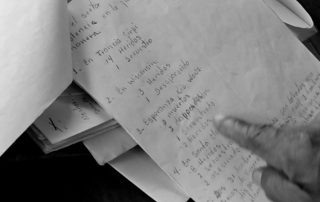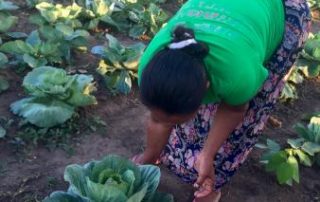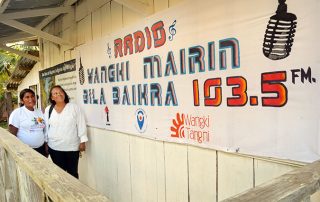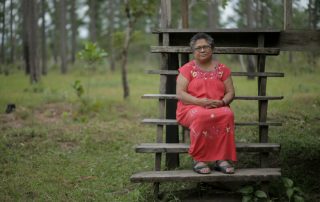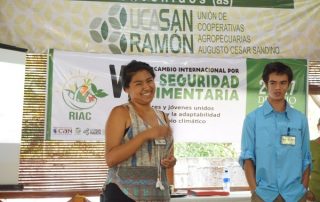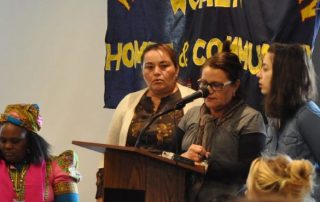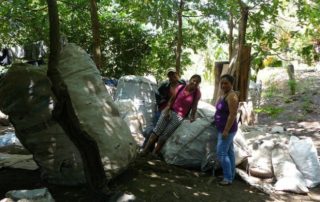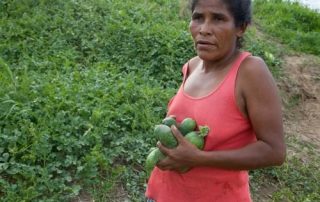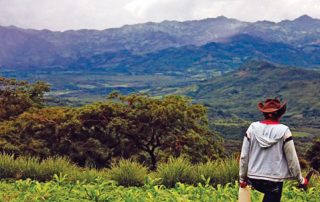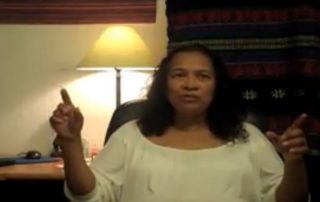Gendered Experiences Of Adaptation To Drought: Patterns Of Change In El Sauce, Nicaragua
Nicaragua, the largest country in Central America is considered one of the most at risk countries by World Risk Report 2016. Natural disasters and poor socio-economic conditions increase the vulnerability of Nicaragua citizens. To analyze the gender dimension of such vulnerability, Lisa Segnestam, researcher from Stockholm Environmental Institute wrote a paper that explores the socio-economic and environmental factors contributing to gender inequality. Her research findings unveiled that lack of control and poor access resources has increased the gender gap which further impacts the ways Nicaraguans respond to climate change. Photo Credit: Lisa Segnestam.


